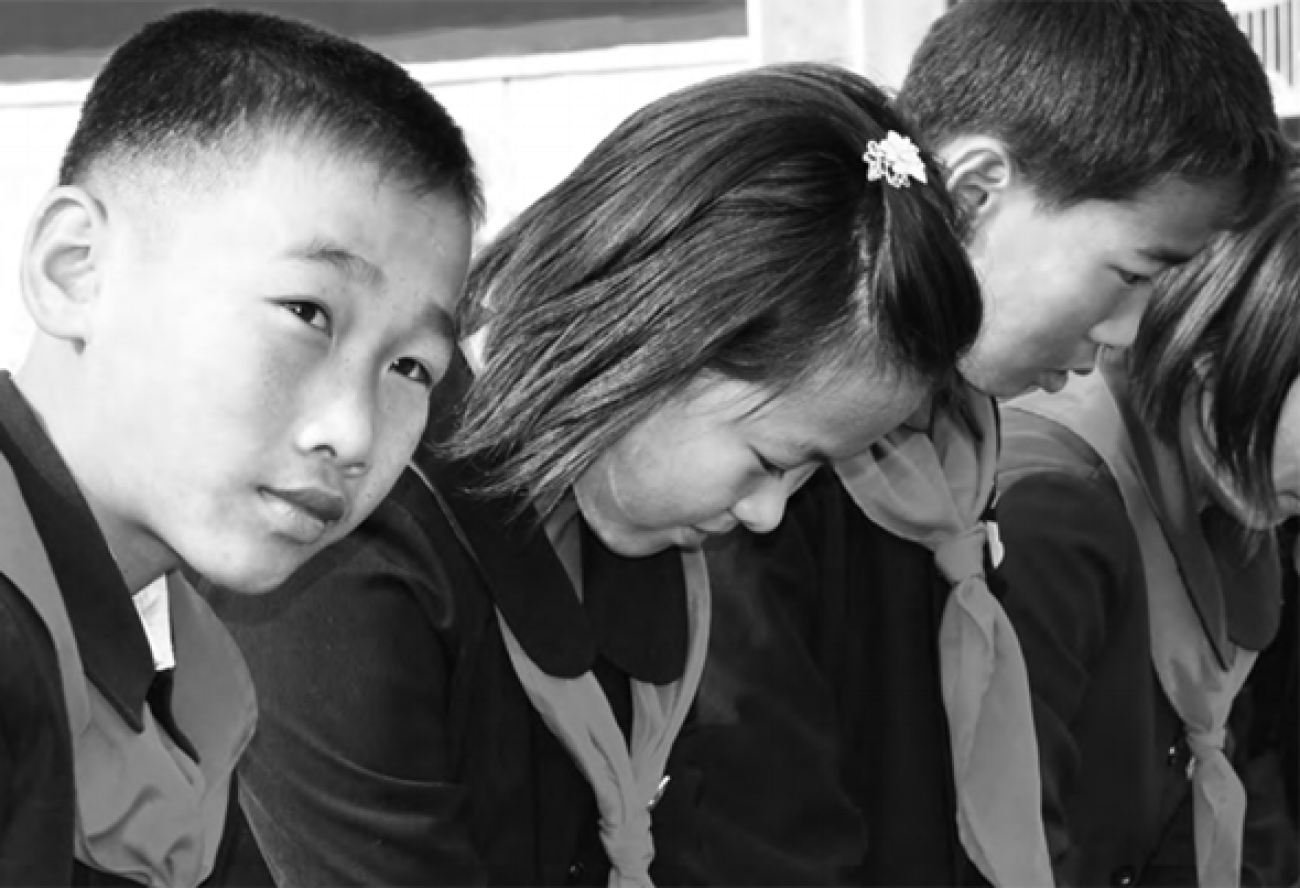The Needs and Priorities Plan 2018, released on 11 April in Pyongyang, outlines the funding agencies working in DPRK need in order to support six million people. This support includes activities to enhance food security, reduce malnutrition, increase access to healthcare, water and sanitation services, and build the resilience of vulnerable communities to natural disasters.
More than 10 million people, or 40 per cent of the population, in DPRK are believed to be in need of humanitarian assistance. Undernutrition continues to be a serious concern with more than one-quarter of children stunted due to a lack of adequate food. People also struggle to access basic services, with a large portion of the population living without a reliable source of safe water and almost a quarter without basic sanitation facilities, contributing to serious health concerns.
UN Resident Coordinator in DPRK, Mr. Tapan Mishra, said, “Humanitarian assistance is a vital life-line for millions of ordinary people living in DPRK. However, funding has been rapidly declining every year, with less than one-third of the amount required for humanitarian programmes raised in 2017.
“The Needs and Priorities Plan 2018 outlines the life-saving support humanitarian agencies operating in DPRK are aiming to provide. Without the funding requested through this plan, agencies simply will not be able to deliver the support people urgently need.”
The Needs and Priorities Plan focuses on meeting the needs of the most vulnerable people. It outlines how agencies will provide four million people with food assistance, reach more than two million people with health and nutrition services, and help improve access to safe water and sanitation for over 350,000 people.
This will be achieved by supporting food production, helping farmers adapt to recurrent natural disasters, working to prevent and treat malnutrition, increasing rates of immunization, and ensuring more people have access to safe water and sanitation facilities.
Mr Mishra said, “Humanitarian assistance in DPRK is improving the lives of millions of vulnerable people. Last year, humanitarian agencies in DPRK reached more than six million people with aid including providing two million people with food, vaccinating 335,000 children and providing four million people with access to healthcare.
“But let us be clear, despite these achievements, humanitarian needs across the country remain high and humanitarian programmes are vital. Yet, without adequate funding, agencies will be forced to scale-down their life-saving work, with serious impacts on the lives of ordinary people.”



